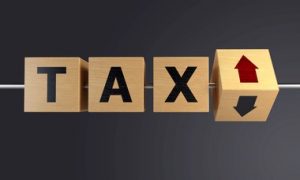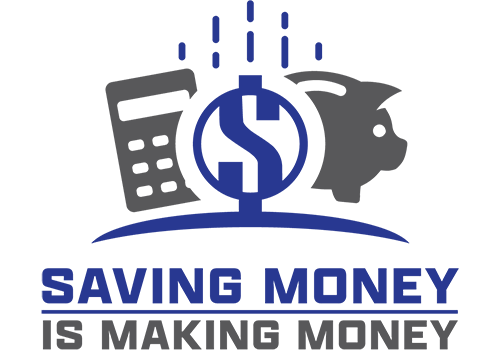Business Deductions: A Quick Review
Summary: Business expenses are the cost of carrying on a trade or business. Sometimes, the IRS gives you a tax break for your expenses. Click through for an introduction to the complex world of business tax deductions.
You have lots of expenses when running a business. Are any of them deductible? To begin with, a deductible business expense must be both ordinary and necessary. An ordinary business expense is one that is common and accepted in your trade or business. A necessary expense is one that is helpful and appropriate for your trade or business. An expense doesn’t have to be indispensable to be considered necessary.

Business expenses are not expenses used to figure the cost of goods sold, nor are they capital or personal expenses. If your business manufactures products or purchases them for resale, you generally must value inventory at the beginning and end of each tax year to determine your figure for cost of goods sold.
The cost of goods sold is deducted from your gross receipts to calculate your gross profit for the year. If you include an expense in the cost of goods sold, you cannot deduct it again as a business expense. There are a few expenses that can go into this calculation:
- The cost of products or raw materials, including freight.
- Storage.
- Direct labor costs, including contributions to pensions and annuity plans for workers who produce the products.
- Factory overhead.
You must capitalize, rather than deduct, some costs. Costs that are part of your investment in your business are called capital expenses and are considered assets. The three types of costs you capitalize are:
- Business startup costs.
- Business assets.
- Improvements.
Generally, you cannot deduct personal, living or family expenses. If you have an expense that’s partly used for business and partly for personal purposes, divide the total cost between the business and personal parts and deduct the business part. Think business use of your home and car.
If you use part of your home for business, you may be able to deduct expenses for the business use of your home, including:
- Mortgage interest.
- Insurance.
- Utilities.
- Repairs.
- Depreciation.
If you use your car in your business, you can deduct car expenses. If you use your car for both business and personal purposes, you must divide your expenses based on actual mileage.
Other business expenses you can deduct include:
- Employee pay.
- Retirement plans.
- Business rent expense.
- Business interest expense.
- Various federal, state, local and foreign taxes directly attributable to your business.
- The cost of insurance as a business expense.
Rent can be deducted only if the rent is for property you use in your trade or business. If you have or will receive equity in or a title to the property, the rent is not deductible. And generally, you can deduct the ordinary and necessary cost of insurance as a business expense if it is for your trade, business or profession.
This discussion of business deductions is not inclusive of all the types of business expenses you can deduct. This can get very complicated very quickly! Be sure to consult with a tax professional to make sure you follow the rules — but without leaving any money on the table.
©2021

